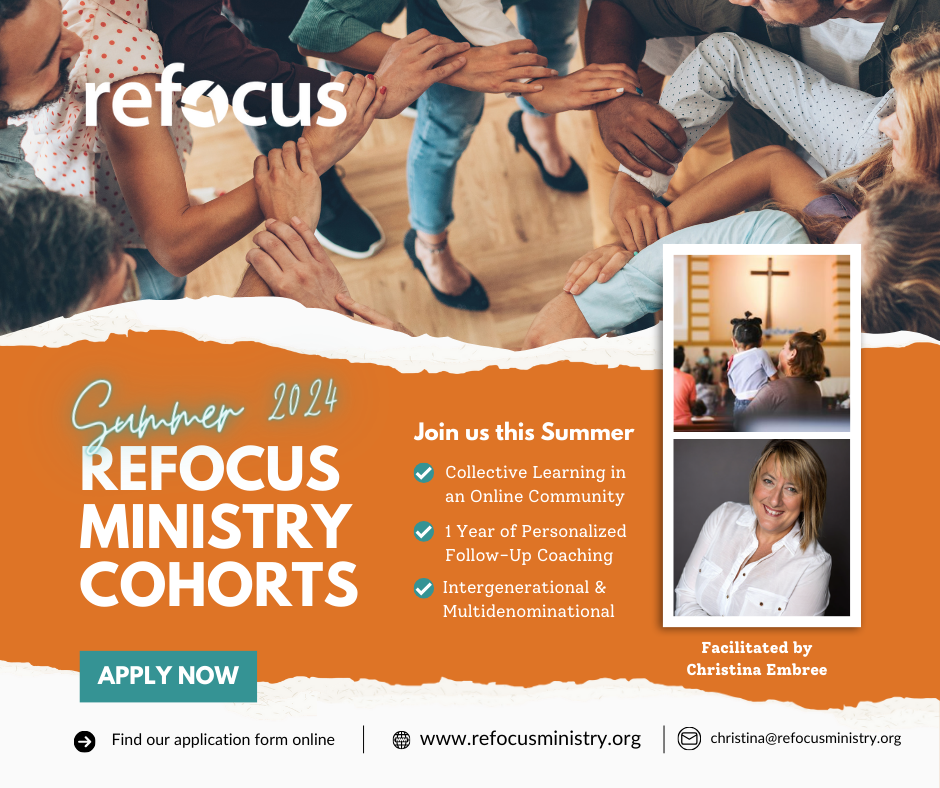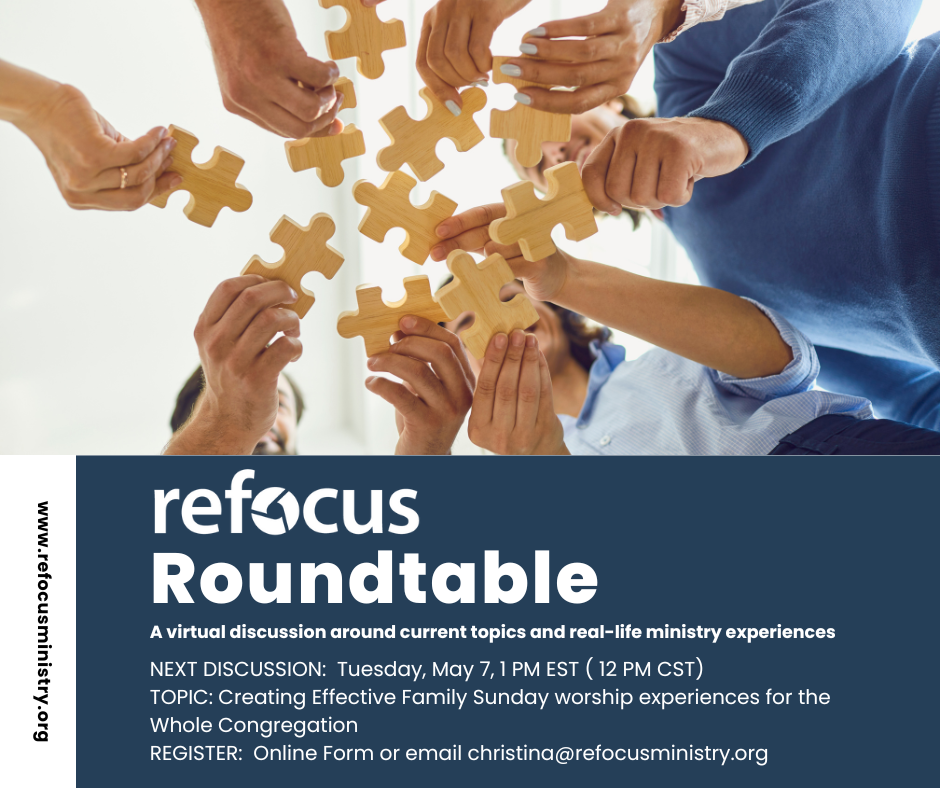I am worried about the way the internet teaches us to talk to one another. I am much more worried that many of us (myself included!) get so exhausted dealing with bad faith arguments & meanness on the internet that we have no energy left to have hard conversations offline.
Kaitlyn Scheiss on Twitter, May 1, 2024
Whether we like it or not, social media and other online platforms have transformed the way society communicates with one another. The fact that I am posting this article to an online blog and not submitting it to a written media platform to compete with other writers in order to be published is just one compelling example. I get to put my voice out there with little to no hinderance. I signed up for a website, I wrote what I wanted, and I sent it out to the world to read and interact with.
And I can say whatever I want! No one is monitoring my words or doublechecking my sources or ensuring that I have shown integrity in my presentation of the facts. To be sure, that is always my personal goal and I’m pretty critical of myself, but that is not required of anyone who is expressing themselves in this digital landscape.
And, it’s not going away. Realistically, digital interaction will always have a role in our communication from this time forward. Additionally, for Gen Z and Gen Alpha (college students and younger), this is how it has always been. Digital communication is part of their regular normative way of living.

At a conference I attended this spring, one of the speakers who worked with a research organization focused on Gen Alpha had this to say: “The members of this generation are tech creators more than tech consumers. They are social in their usage.” What does this mean? It means they are not looking to digital platforms merely as a place to receive information but a place where they can create and, to an extent, control the information that is available.
This same speaker pointed out that the same study found “Children find Al to be friendly and trustworthy… smarter than themselves. There’s an emotional relationship being built. “ An emotional relationship with a non-entity. That’s a big deal. And one that we, the older generations, need to pay attention to.
Why? Because in 2023, Spring Research Institute found that “Gen Z does not believe that their faith communities are safe people. That lack of trust comes from a perception that such institutions are unsafe places to find support during a crisis. 54% of young people report that “Religious communities try to fix my problem, instead of just being there for me,” while 45% report that they don’t feel safe within religious institutions.”
AI is safe. The Church is not.
This is not intended to be a fear-inducing, head-shaking, hand-wringing post. But is is intended to be a “wake-up-and-smell-the-coffee” kind of a post. Because we must take seriously the reality of the digital landscape and how it is, as Kaitlyn Scheiss tweeted, changing how we communicate with one another, especially intergenerationally. And if we are willing to acknowledge that communication had changed and recognize the challenges without writing off younger generations and refusing to learn how to communicate with them, we may be able to reverse the tide of distrust, at least with the young people we have relationships with.
And that’s a key word – relationships. Talk is still cheap. But love in action speaks volumes.
So how can we join in the conversation, digital or otherwise?
- Watch digital content together – The same presenter shared data that indicated “children whose parents engage with them while they watch digital content show greater levels of empathy, self-efficacy, and emotion recognition. Source
- Show up in “their” spaces – We don’t have to like it, but we do have to understand it. Get an Instagram account, download TikTok, watch a few. Interact with a video game or two. I’m not saying it needs to become your new favorite pastime. I’m not even saying you have to be a fan. I’m saying, you need to understand their world.
- Ask questions – I love Jon Acuff’s advice when it comes to social media and online platforms and interacting with younger generations. Be curious. Ask questions like, “Have you seen anything interesting lately?” and “What is your favorite app?” and “Who do you play video games with?” Ask how things work and get a feel for what their world looks and sounds like.*
- Tell Stories – We all have stories about communication gone awry, sometimes in real life and sometimes online. Tell those stories. Talk about how over text you misunderstood someone’s intentions because text can’t convey emotions like a face-to-face conversation. Explain how once you insulted someone unintentionally online because you didn’t understand a reference or forgot to read the article before commenting. Help young people understand the difference between a curated online presence or AI and real life through your own stories, not a lecture or a frustrated “kids these days” approach.
We can critically review the negative realities of digital and online communication while still acknowledging that it is a reality that is likely not going to change. I personally think the best approach, especially within the context of generational discipleship and the passing of faith from one generation to another, is to come humbly, come curious, come willing to learn, and come with grace. And always, come ready to share what Jesus has done, is doing, and will do in your life and theirs. We have more space and new ways to share our faith stories and that is always a good thing!
*I have a lot of parents/caregivers who tell me that they have pretty tight restrictions on what their kids have access to. That may be true in their home however, if those children are ever outside of the home, unmonitored digital interactions are everywhere – their friends’ phones, the computers at the library, the television at the doctor’s office. Again, it’s the new reality not a passing phase; it’s better to give them the tools they need and enter into that space with them than to hope they figure it out in time.
ReFocus Roundtable
A free online roundtable converstaion with parents, minsters and leaders
TUESDAY, MAY 7 1:00 PM EST (10 AM PST)
More and more churches are choosing to host Family Sundays once a month or once a quarter as a way to engage the whole family, all ages, in a time of communal worship. But, since this is new to some, questions about how to make these times effective, inclusive, and exciting for everyone can be a challenge. Join us for this FREE online conversation with others who are in similar positions to discuss how to make these Sundays the ones that build faith, grow relationships. and become cherished times together for the whole congregation!
SUMMER COHORT FORMING
Ready to take your ministry leadership to new heights? Join our 12-week program facilitated by Christina Embree, where you’ll embark on a transformative journey alongside 4-6 peers from diverse faith backgrounds.

- Dive deep into generational discipleship, intergenerational ministry, and church culture transition.
- Experience growth and accountability within a supportive community of like-minded ministers.
- Gain exclusive access to resources and up to one year of personalized coaching.
- Harness the power of collective learning and coachable moments with your cohort mates.
- Unlock the opportunity to become a local ReFocus coach and share your expertise on our platform.
What’s Included:
📅 Twelve weekly trainings (10 Sessions) and Zoom calls with Christina.
💡 Choice of 1 webinar with resources for your church/congregation.
🗣️ One year of monthly, 30-minute, one-on-one coaching sessions.
👥 Access to a private Facebook group exclusively for cohort members.
💸 Lifetime 10% discount on all ReFocus seminars, workshops, webinars, and coaching packages.
Spaces are limited to 10 people, so secure your spot now and embark on a journey of growth, connection, and empowerment! DM us to learn more or visit https://forms.gle/P2sZ6wUoDzmsE18J7 to enroll today. Let’s make this summer a season of transformation together!
About the Founder of ReFocus Ministry
Christina Embree is the founder and director of ReFocus Ministry. She holds a masters in ministry focused on Children, Youth, and Family Ministry and a doctorate in spiritual formation with a focus on age segregation and intergenerational ministry.
In addition to coaching churches of multiple denominations and traditions all around the globe, Christina serves as the Minister of Generational Discipleship for the Great Lakes Conference of the Brethren in Christ and as Next Gen pastor at Open Door Church in Lexington, Kentucky.
She is widely recognized as a speaker and author in the areas of generational discipleship, intergenerational ministry, and family ministry. As the mother of three children, she is familiar with the challenges of faith at home and pastoral ministry. She along with her husband Luke share a love for the church, their community, and the global work of peace and restoration through Jesus.
Interested in having Christina visit your church, speak at your conference, or coach your team?
Christina speaks on a wide range of topics related to children, youth, and family ministry with a unique focus on connecting generations for discipleship within your church. Her personalized approach allows you to pinpoint the needs of your community and gain the insight that you are looking for. Whether this is a volunteer team training and pastoral staff meeting or a ministerial conference, her experience and knowledge will help you determine the next step forward in creating lifelong disciples.




